When it comes to building strong, well-rounded shoulders, the right machines and equipment can make all the difference. Shoulder training not only improves upper body strength and posture but also enhances overall athletic performance. Whether you're new to the gym or looking to refine your routine, understanding which machines for deltoids offer the best results can elevate your training to the next level.
Why Shoulder-Specific Equipment Matters
The shoulders are one of the most mobile yet complex joints in the body, requiring precise and targeted training. Using dedicated equipment for shoulder exercise ensures that the deltoid muscles—front (anterior), side (lateral), and rear (posterior)—are activated properly. Machines provide a controlled range of motion, which reduces the risk of injury and helps isolate specific muscle groups more effectively than free weights alone.
Top Types of Shoulder Gym Equipment
-
Shoulder Press Machines
One of the staples for any serious shoulder workout, shoulder press machines allow users to lift heavy loads safely. The seated position offers back support, making it easier to focus purely on pushing with the deltoids rather than recruiting assistance from the lower body. -
Cable Machines
Cables offer constant tension throughout the movement, making them ideal for lateral raises, front raises, and rear delt flys. With adjustable pulleys, cable machines are incredibly versatile for targeting every part of the shoulder complex. -
Pec Deck/Rear Delt Fly Machines
Often underestimated, these machines are excellent for hitting the rear delts—an area many lifters neglect. Proper rear deltoid development leads to better shoulder stability and improved posture. -
Smith Machine
While traditionally used for squats and chest presses, the Smith machine can be adapted for strict shoulder presses and upright rows, offering stability and safety during heavy lifts. -
Specialty Shoulder Isolation Machines
Some gyms feature dedicated lateral raise or overhead press machines with adjustable paths of motion. These are fantastic tools for isolating the deltoids without taxing the joints excessively.
Best Machine Shoulder Exercises to Build Size and Strength
-
Seated Machine Shoulder Press
Targets: Front and side delts
Tip: Keep your elbows slightly forward rather than flaring wide to protect your shoulder joints. -
Cable Lateral Raise
Targets: Side delts
Tip: Raise the cable outward in a slight arc rather than straight up for optimal muscle engagement. -
Reverse Pec Deck Fly
Targets: Rear delts
Tip: Focus on squeezing your shoulder blades together at the end of the movement. -
Cable Front Raise
Targets: Front delts
Tip: Use a single handle or rope attachment and raise slowly for better control. -
Smith Machine Upright Row
Targets: Traps and delts
Tip: Grip the bar slightly wider than shoulder-width to emphasize shoulder muscles rather than just the traps.
How to Integrate Shoulder Exercises with Equipment into Your Routine
A well-rounded shoulder workout should hit all three heads of the deltoid. Here’s an example split using machines and cable equipment:
-
Warm-up: Lightweight cable lateral raises – 2 sets of 15 reps
-
Main Strength Work: Seated machine shoulder press – 4 sets of 8–12 reps
-
Side Delt Focus: Cable lateral raises – 3 sets of 12–15 reps
-
Rear Delt Focus: Reverse pec deck fly – 3 sets of 12–15 reps
-
Finisher: Smith machine upright rows – 2 sets of 15 reps
Incorporating machine-based exercises allows you to push close to failure safely, making them perfect for hypertrophy-focused shoulder training.
Final Thoughts
Building strong, resilient shoulders isn’t just about lifting heavy—it’s about smart, strategic training. Using the right shoulder gym equipment ensures you're not only maximizing muscle growth but also minimizing joint stress and injury risk. Whether you’re performing the best machine shoulder exercises or integrating cables and specialty machines, investing time in proper equipment-based training will lead to better, stronger, and healthier shoulders over the long term.


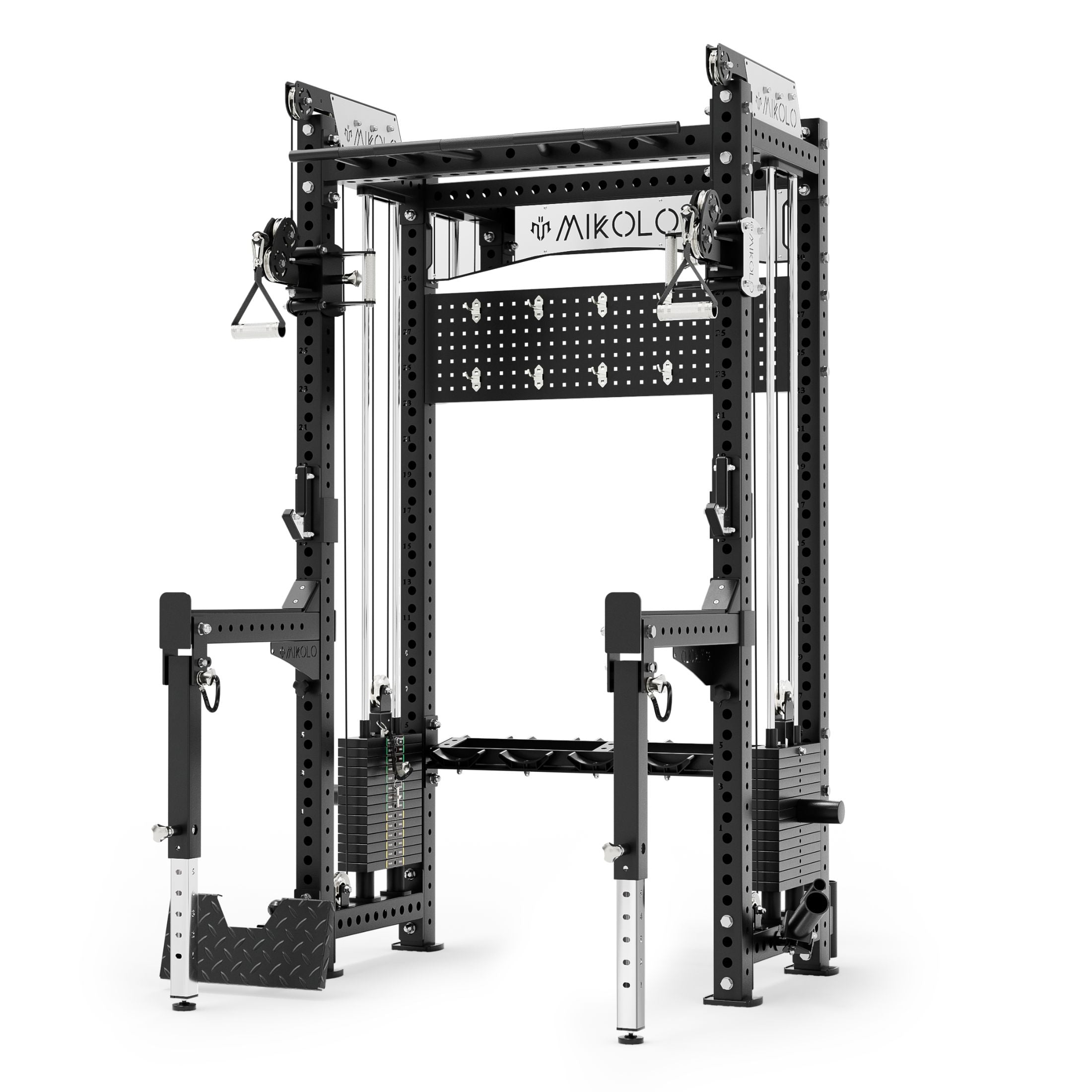
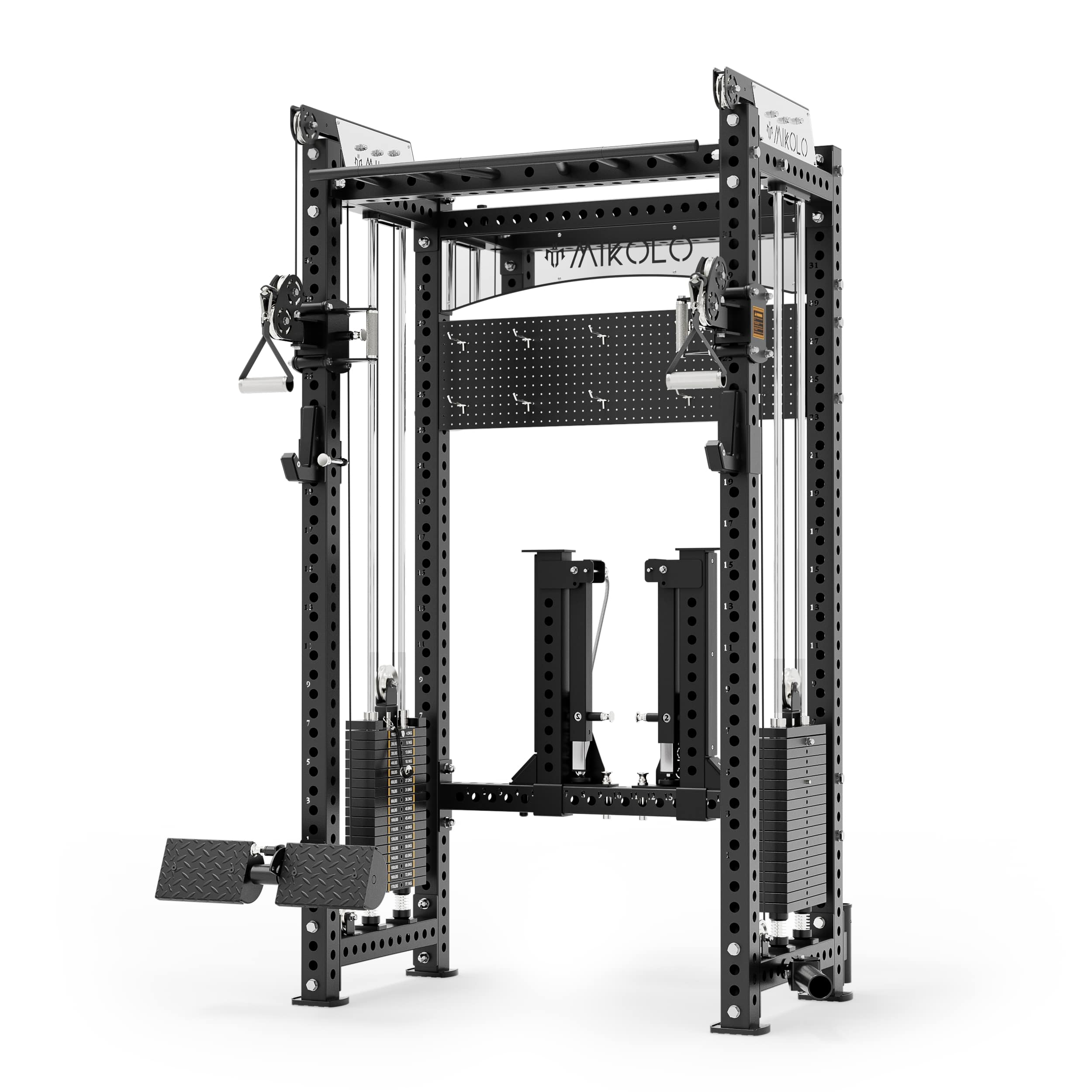
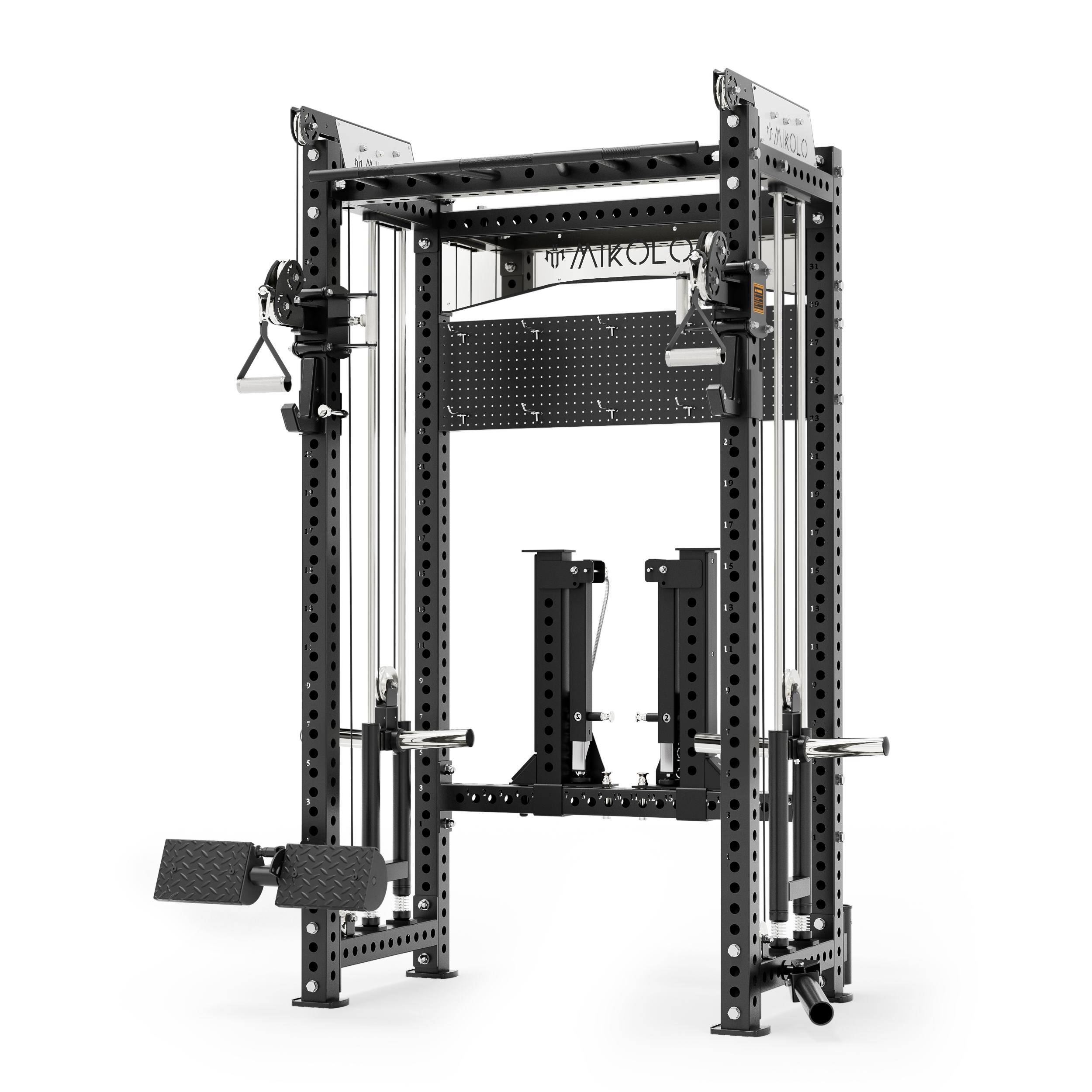


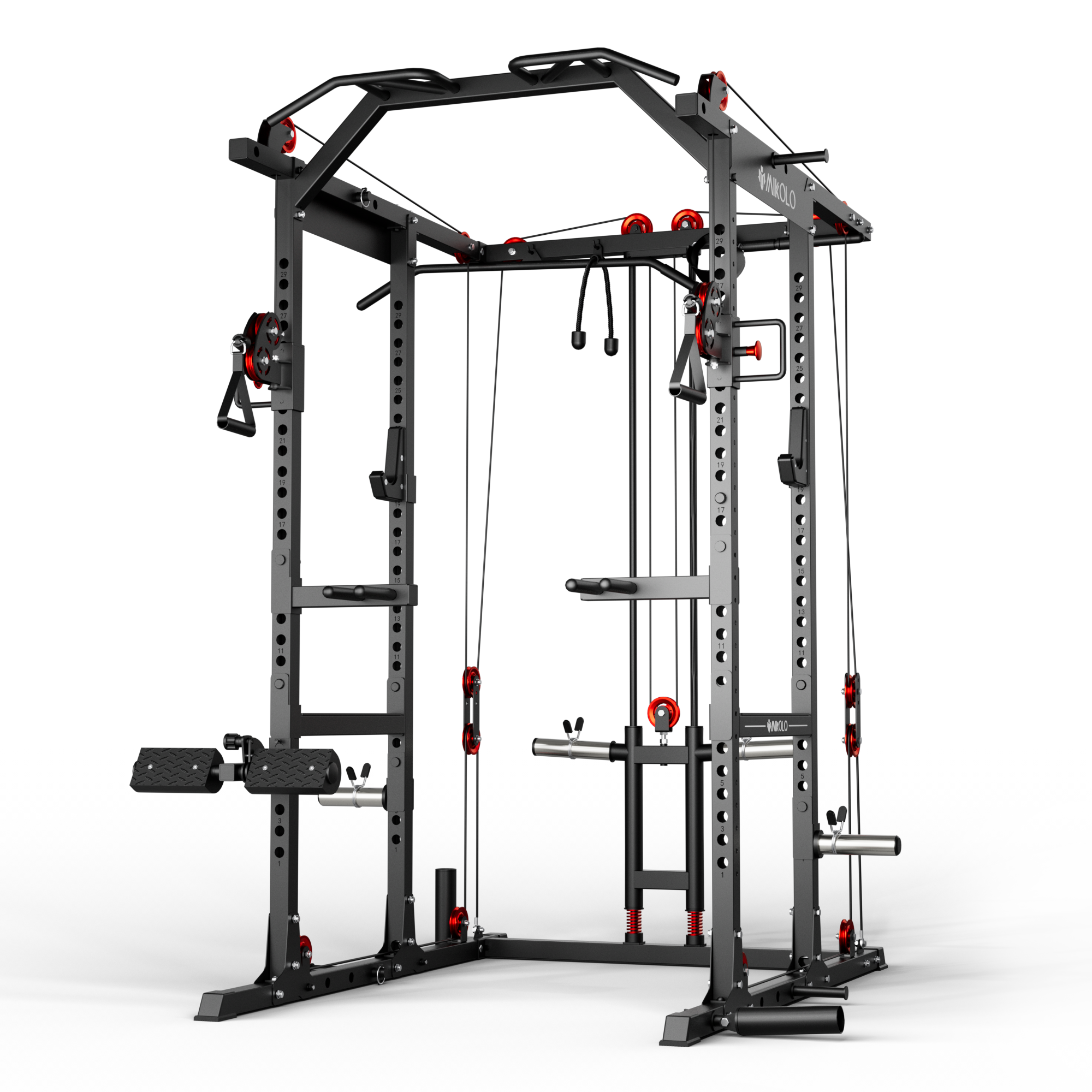


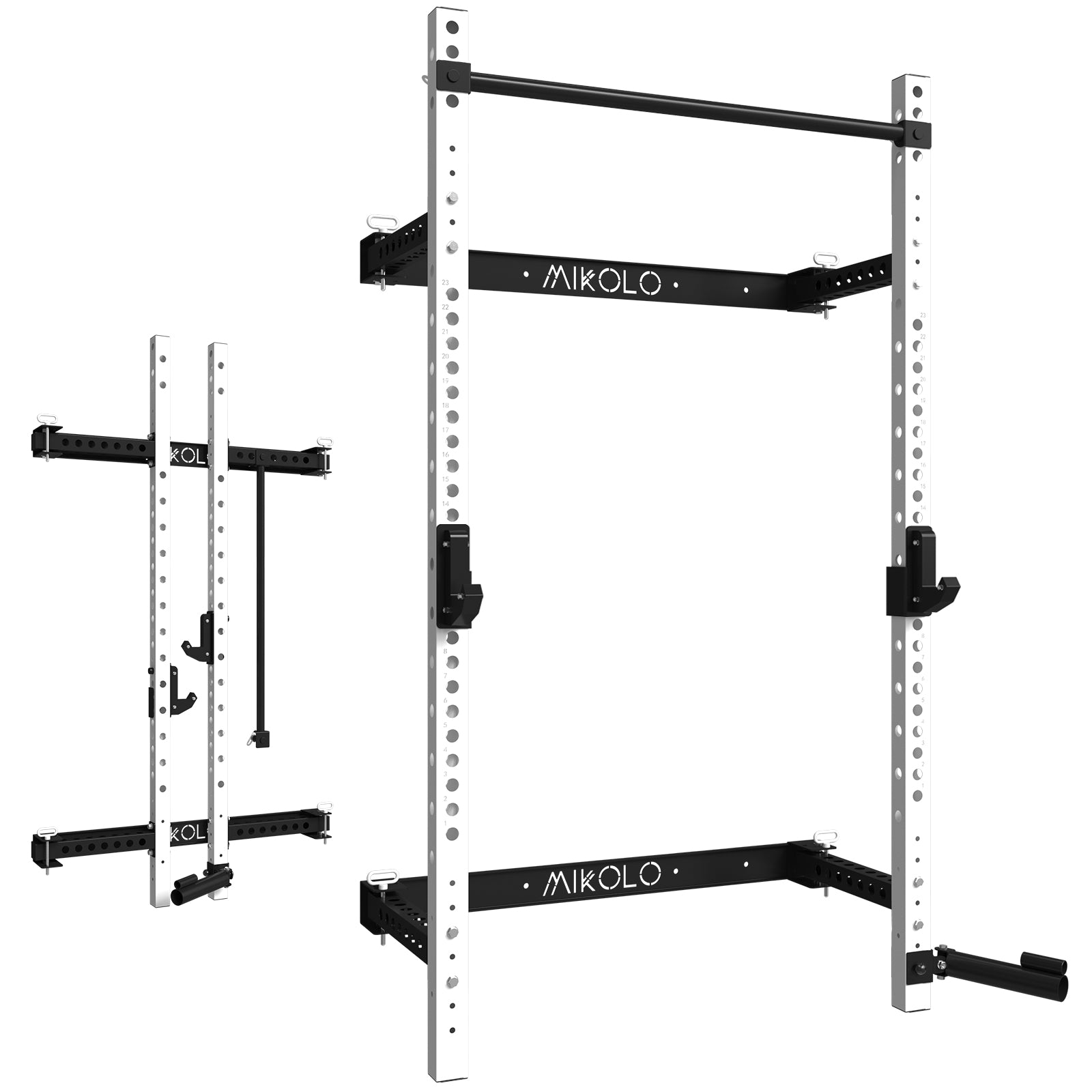


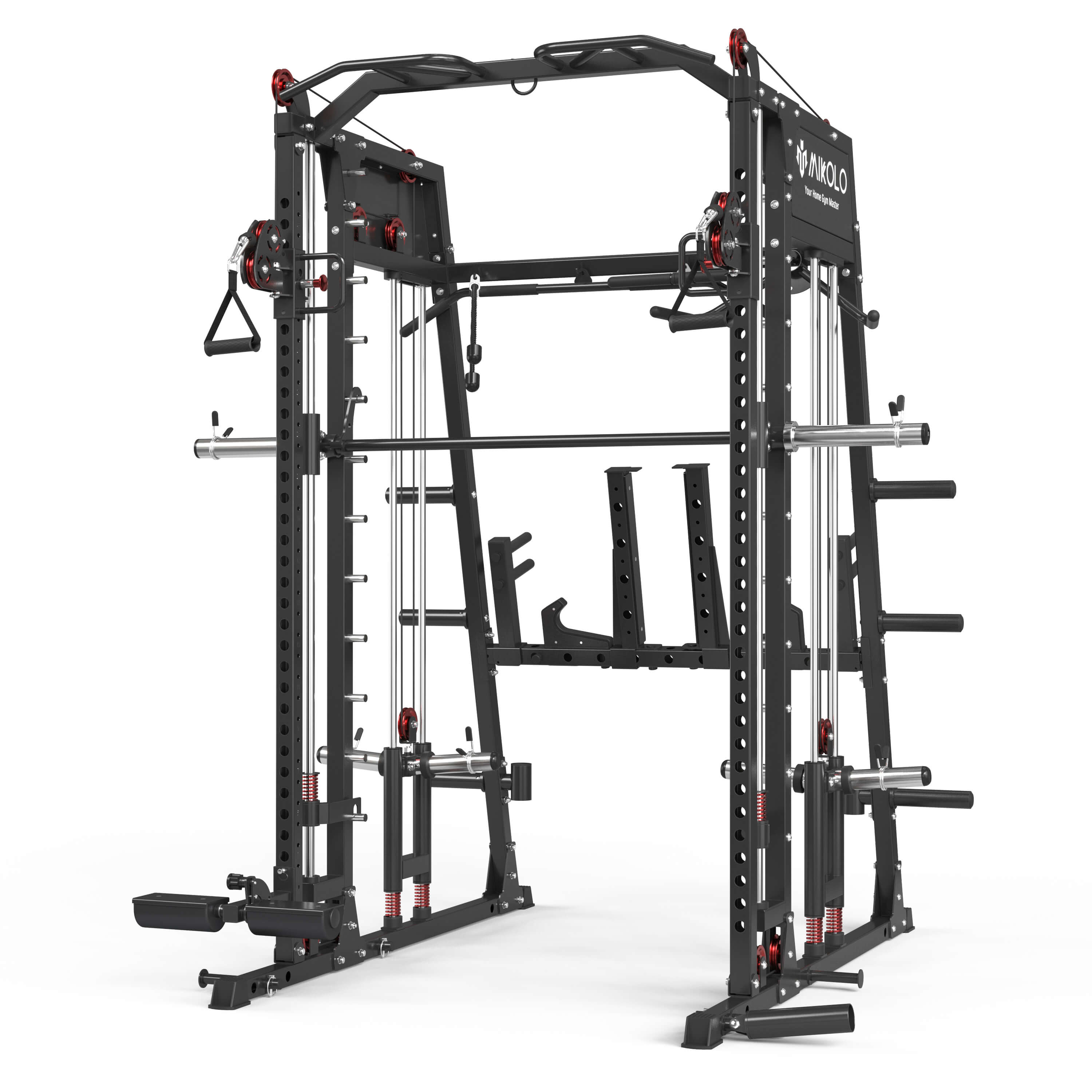
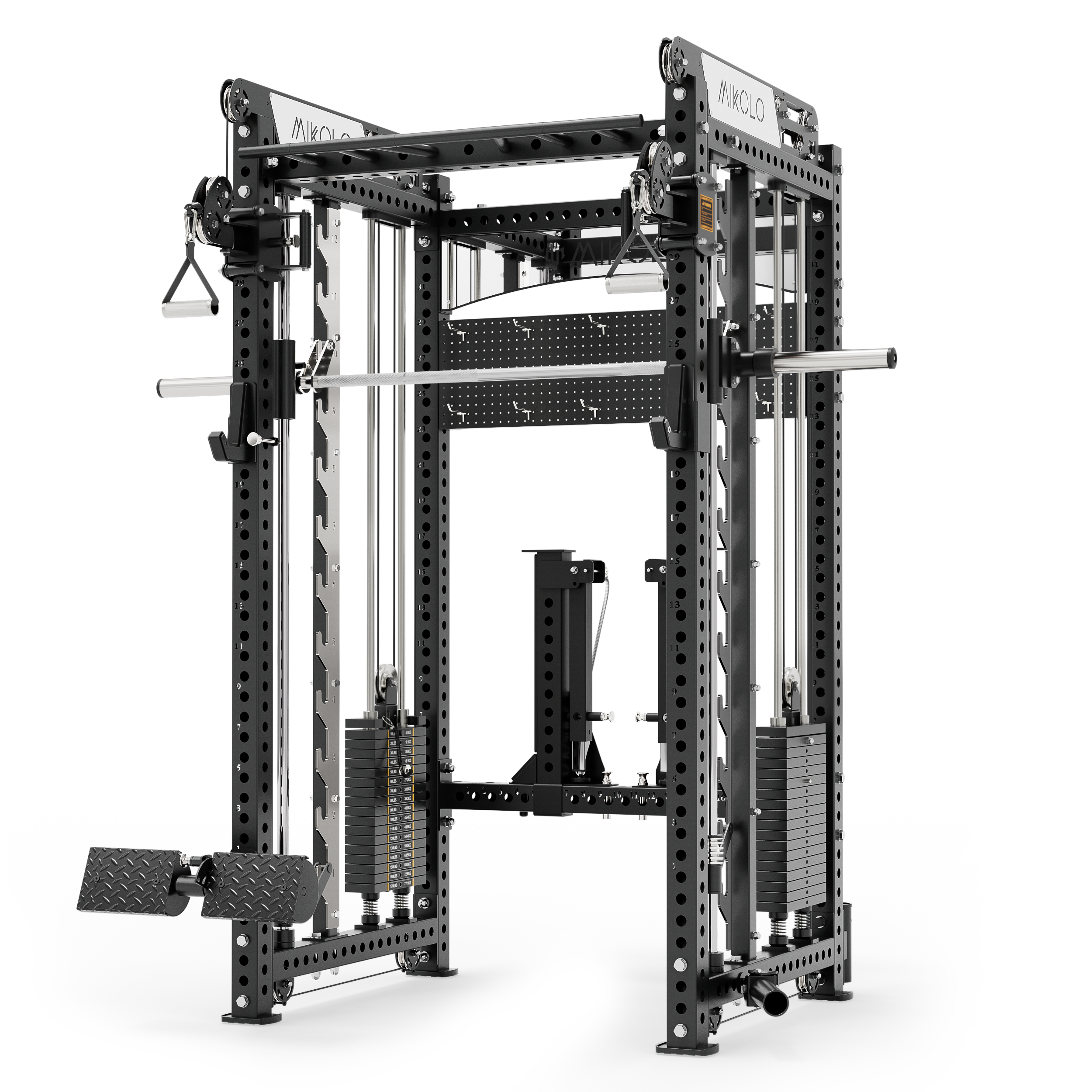
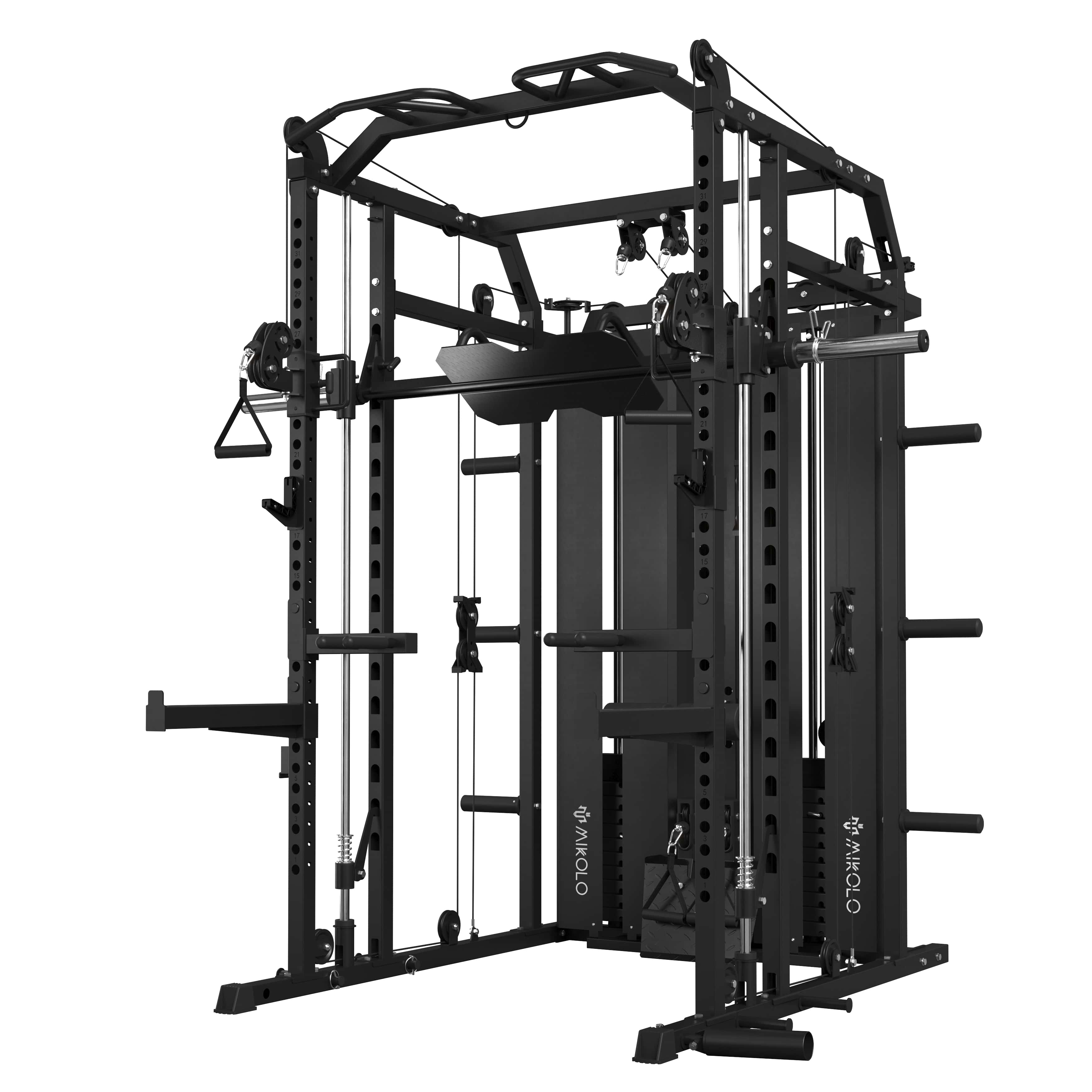
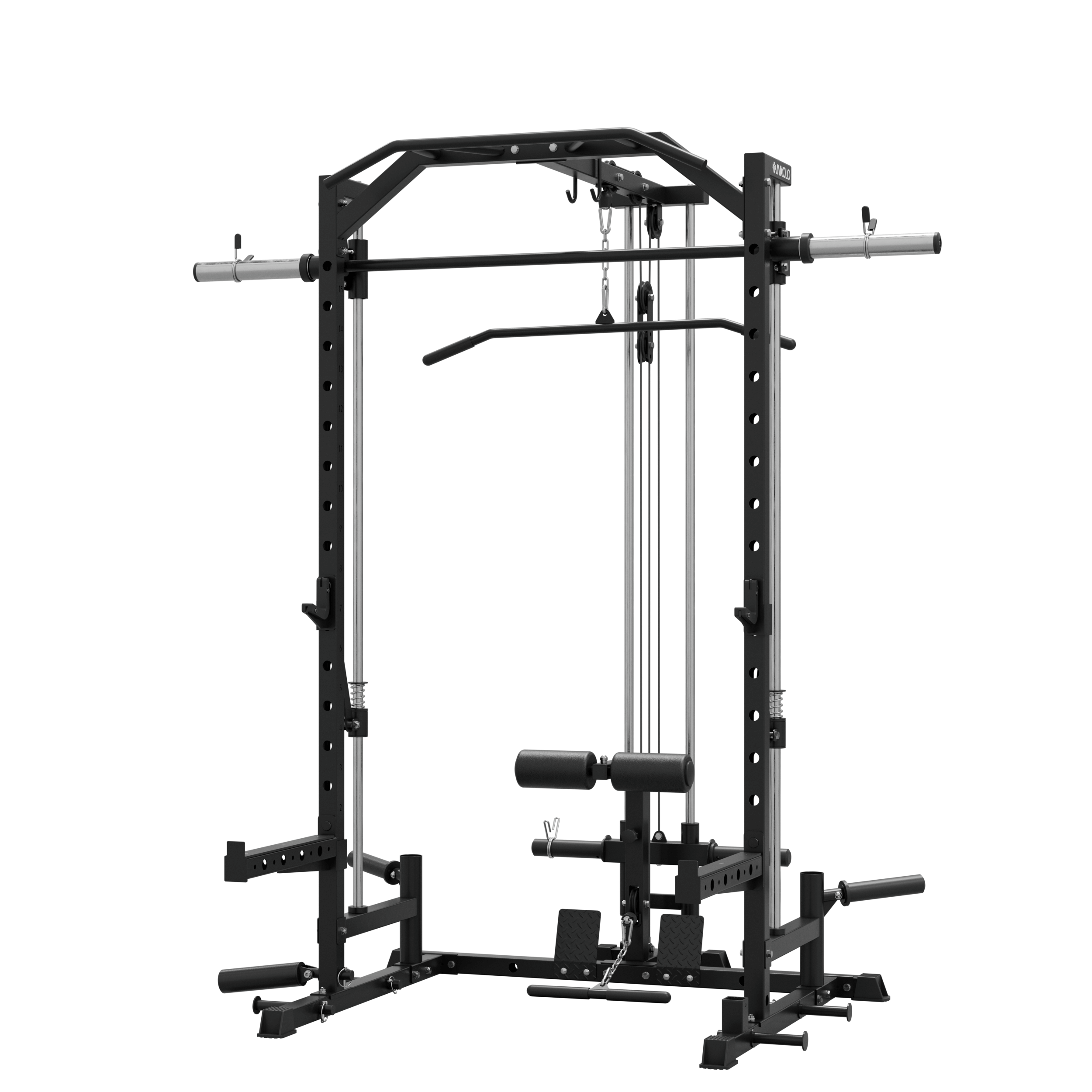
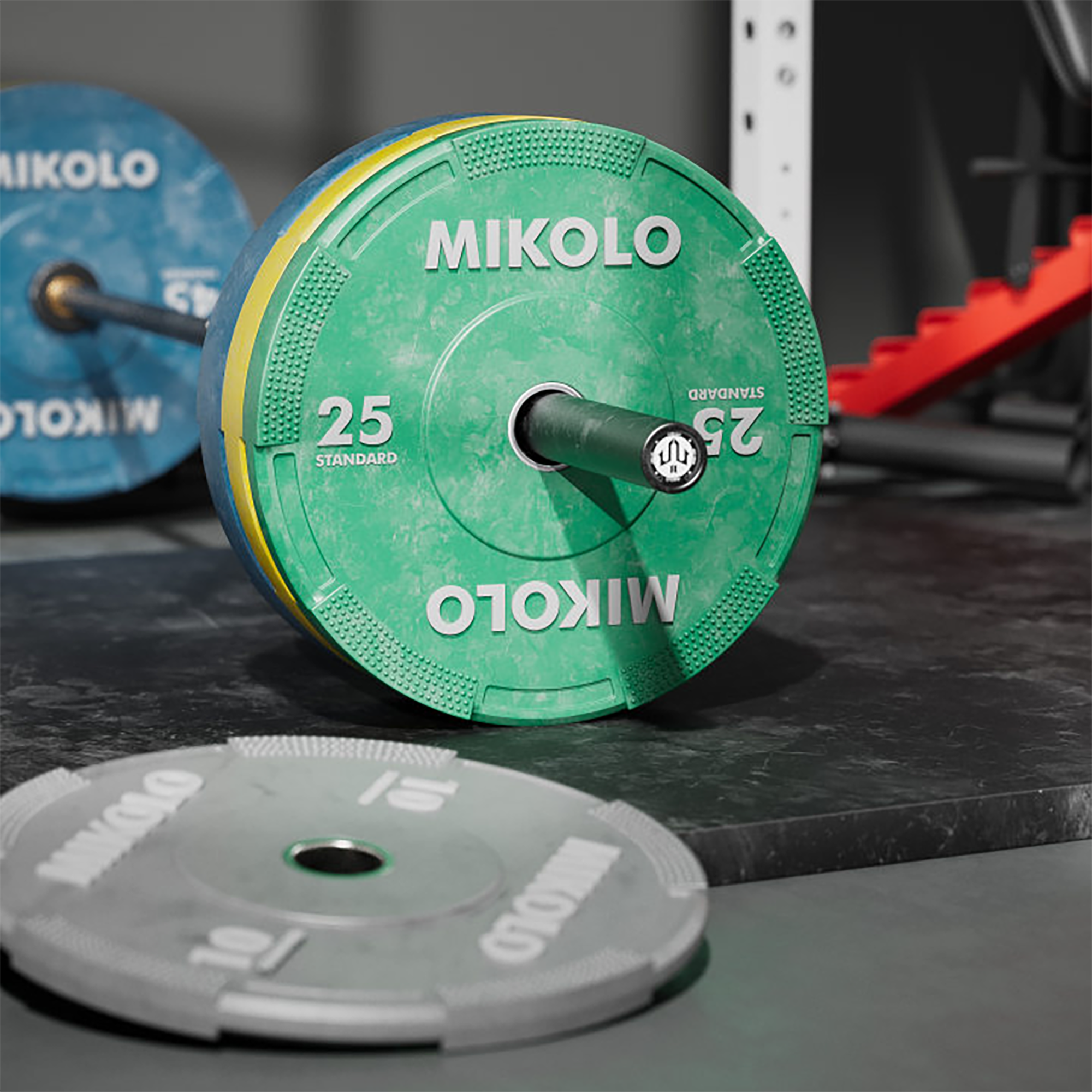


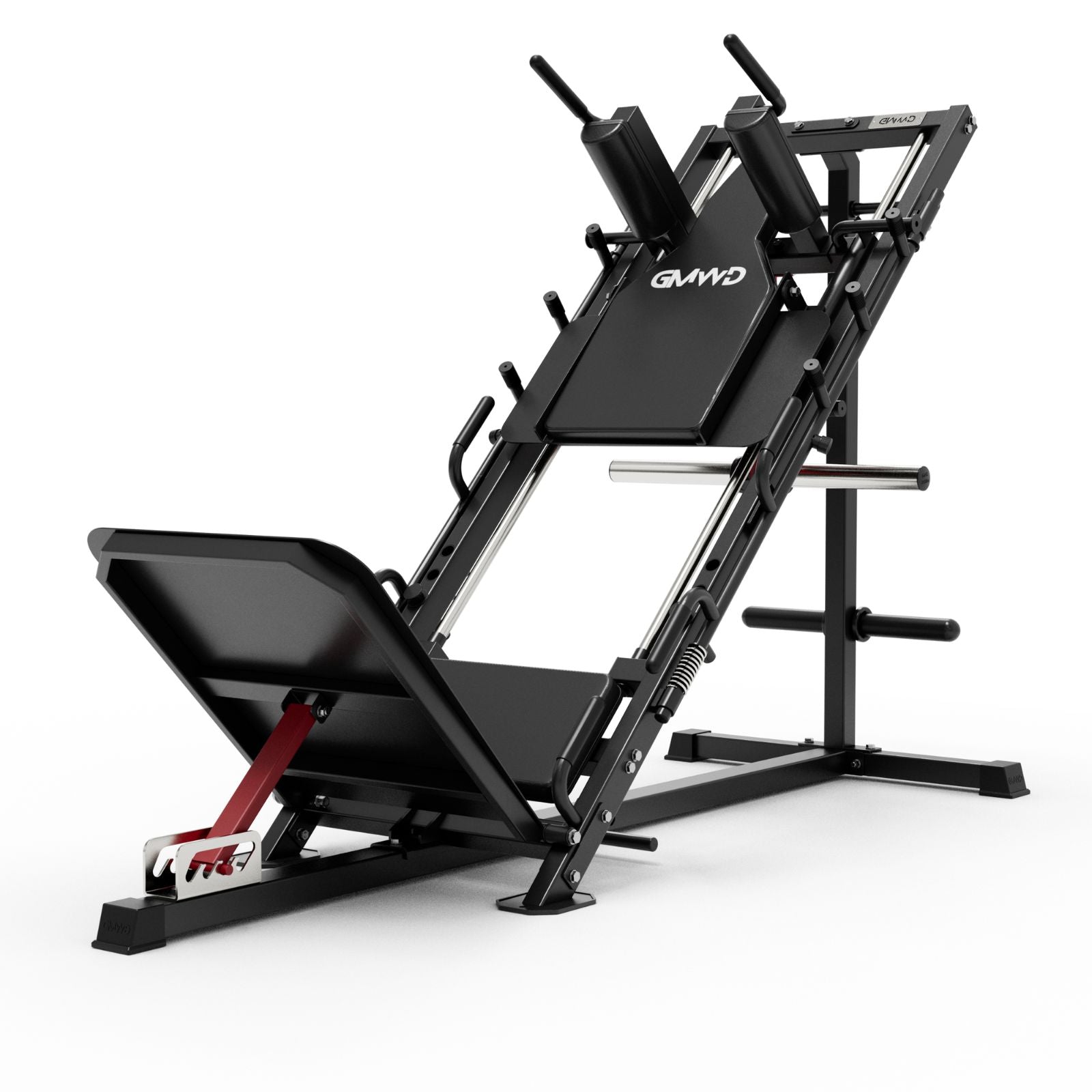


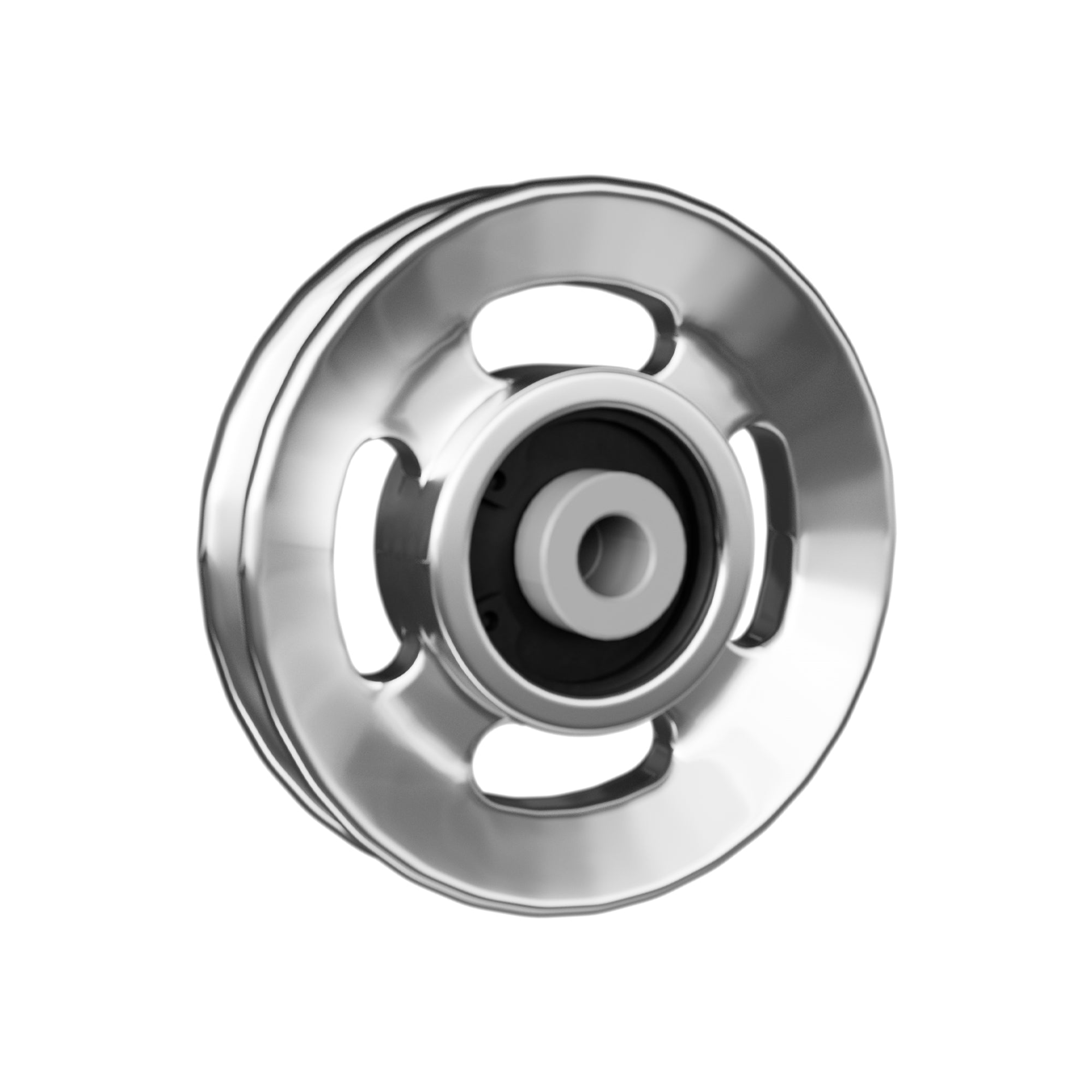
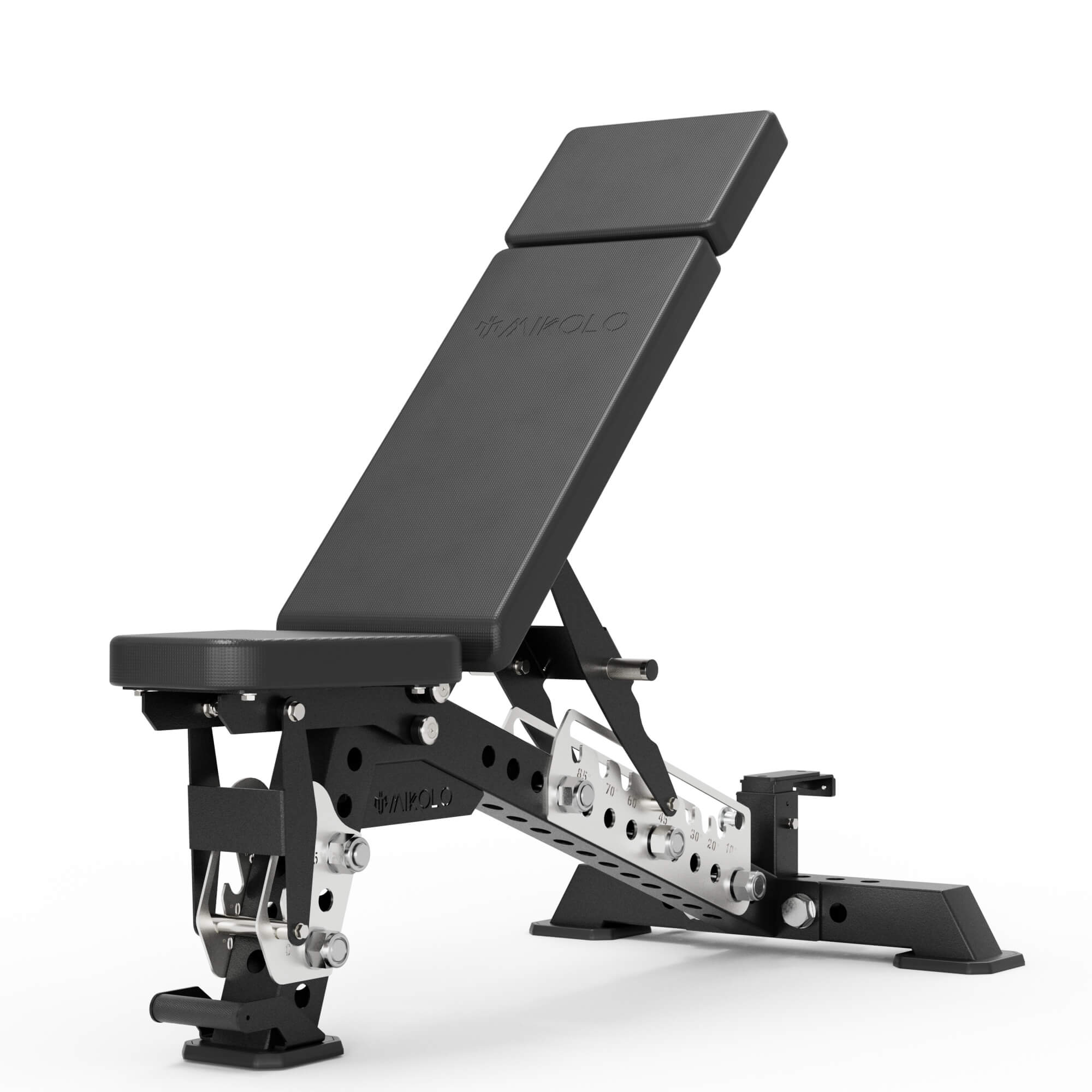
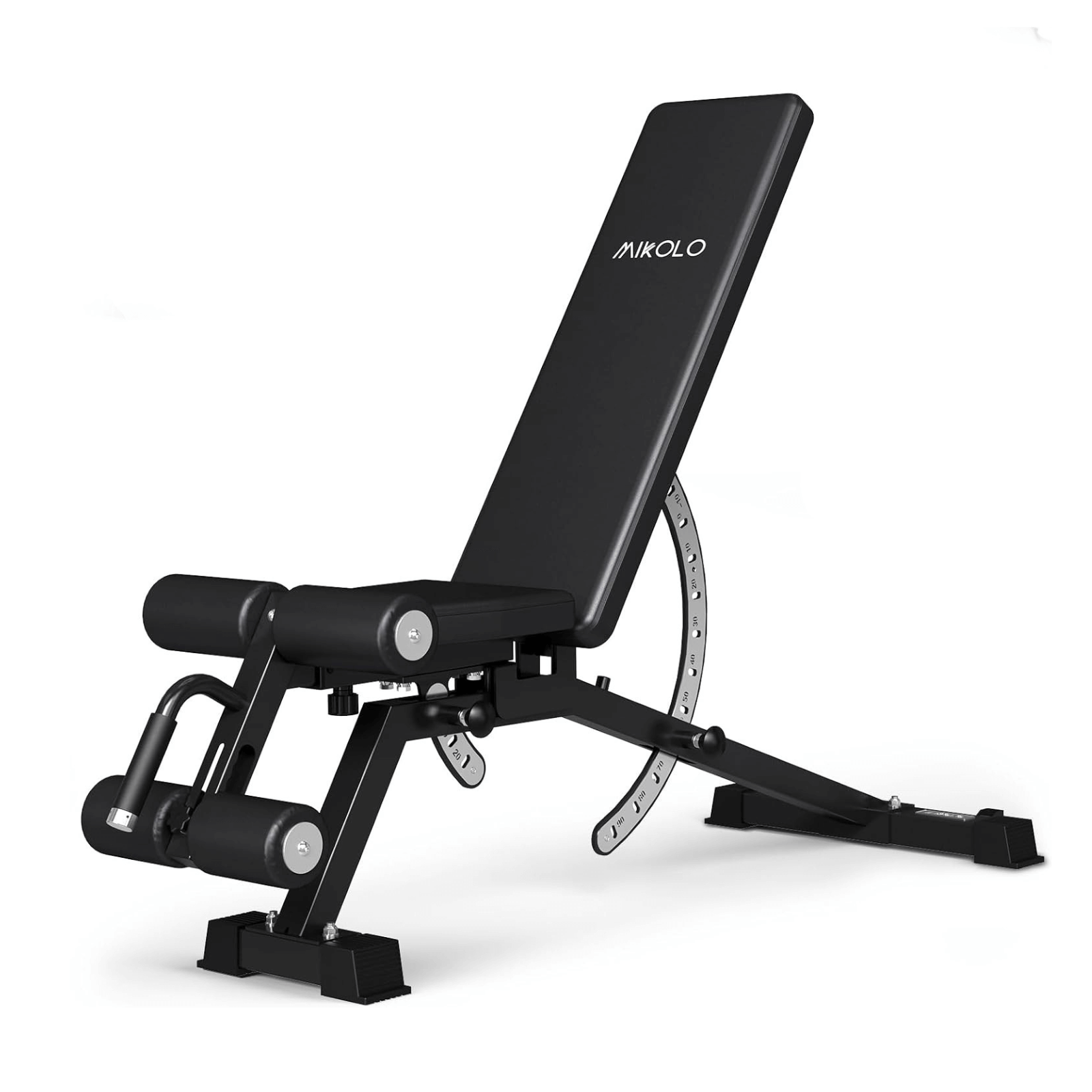



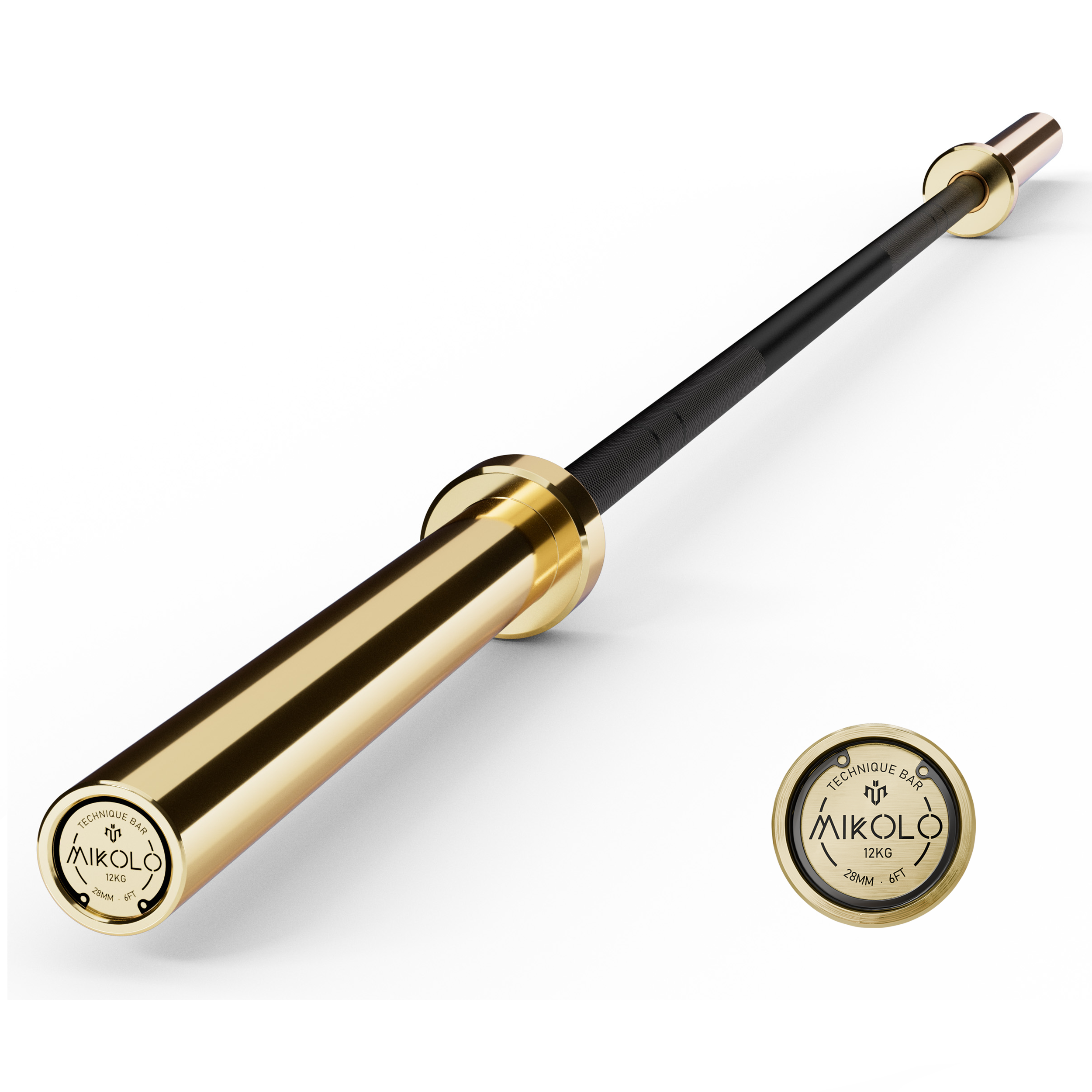
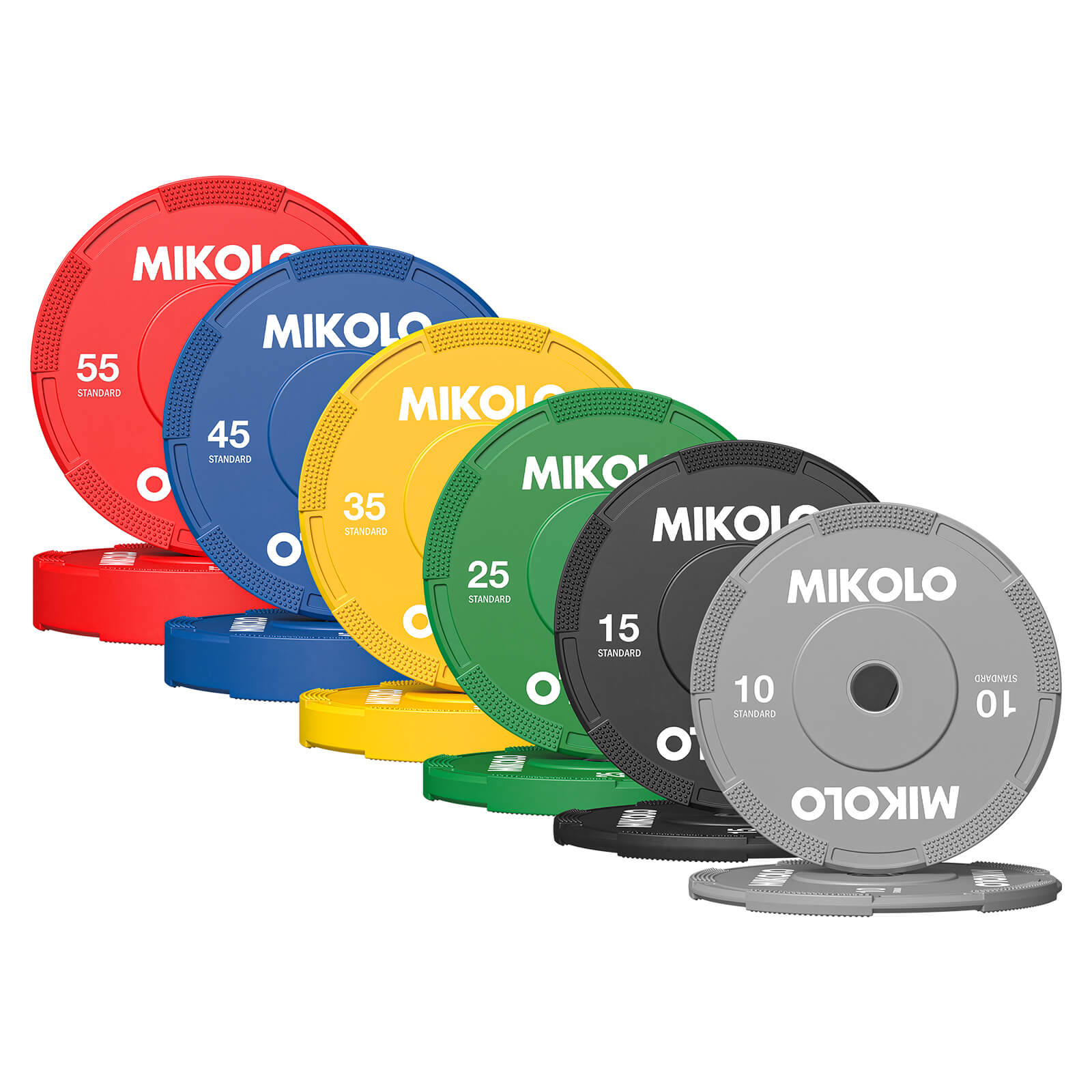

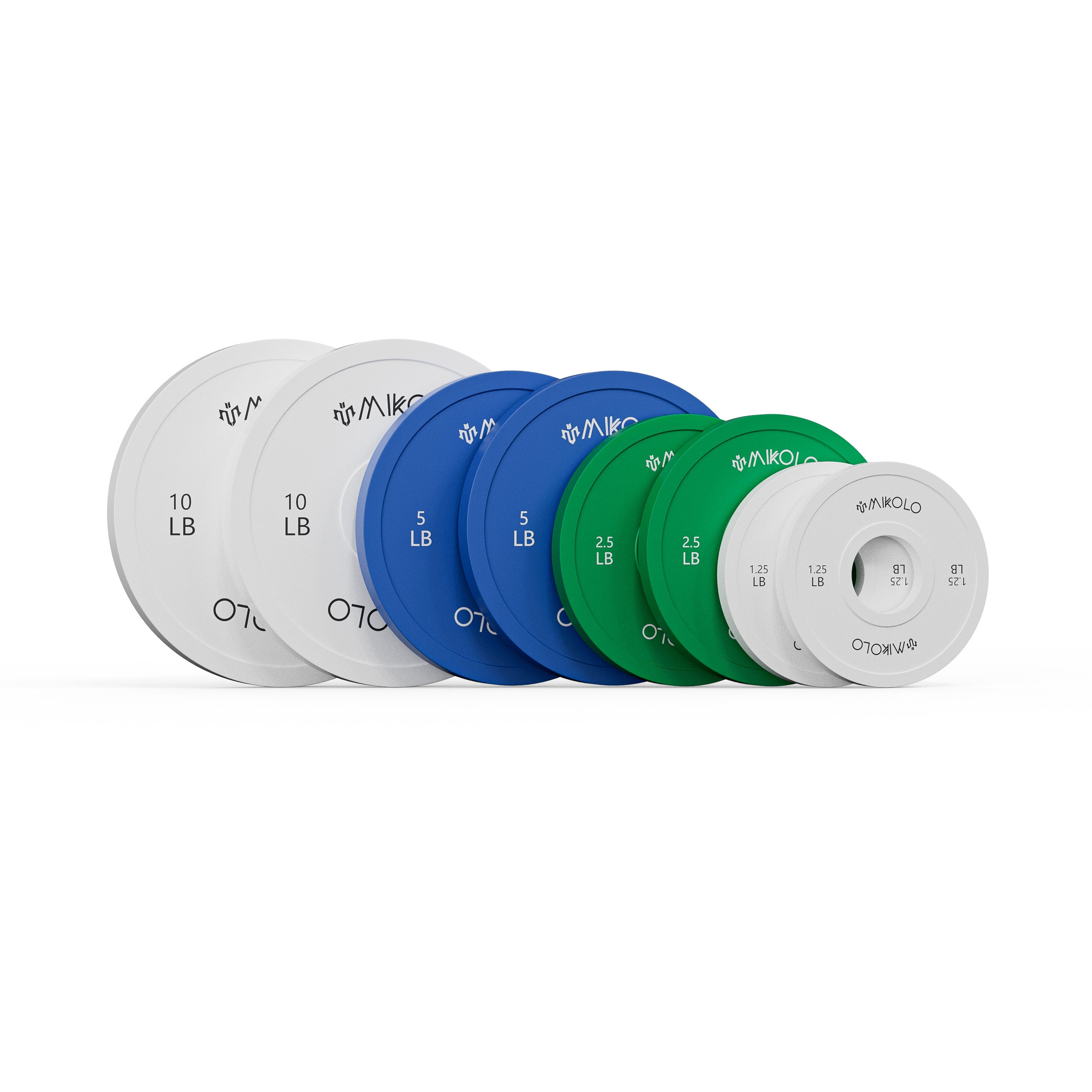

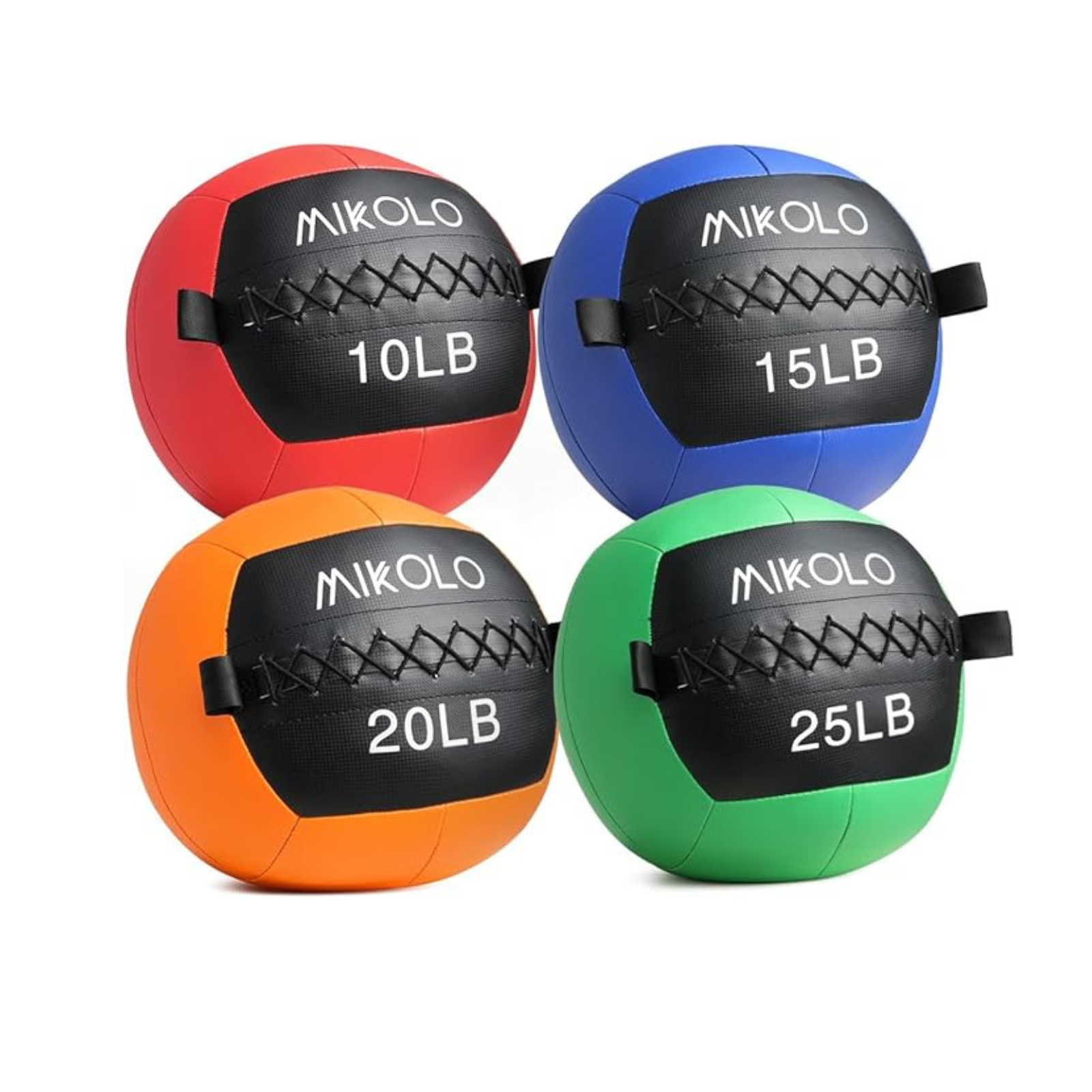
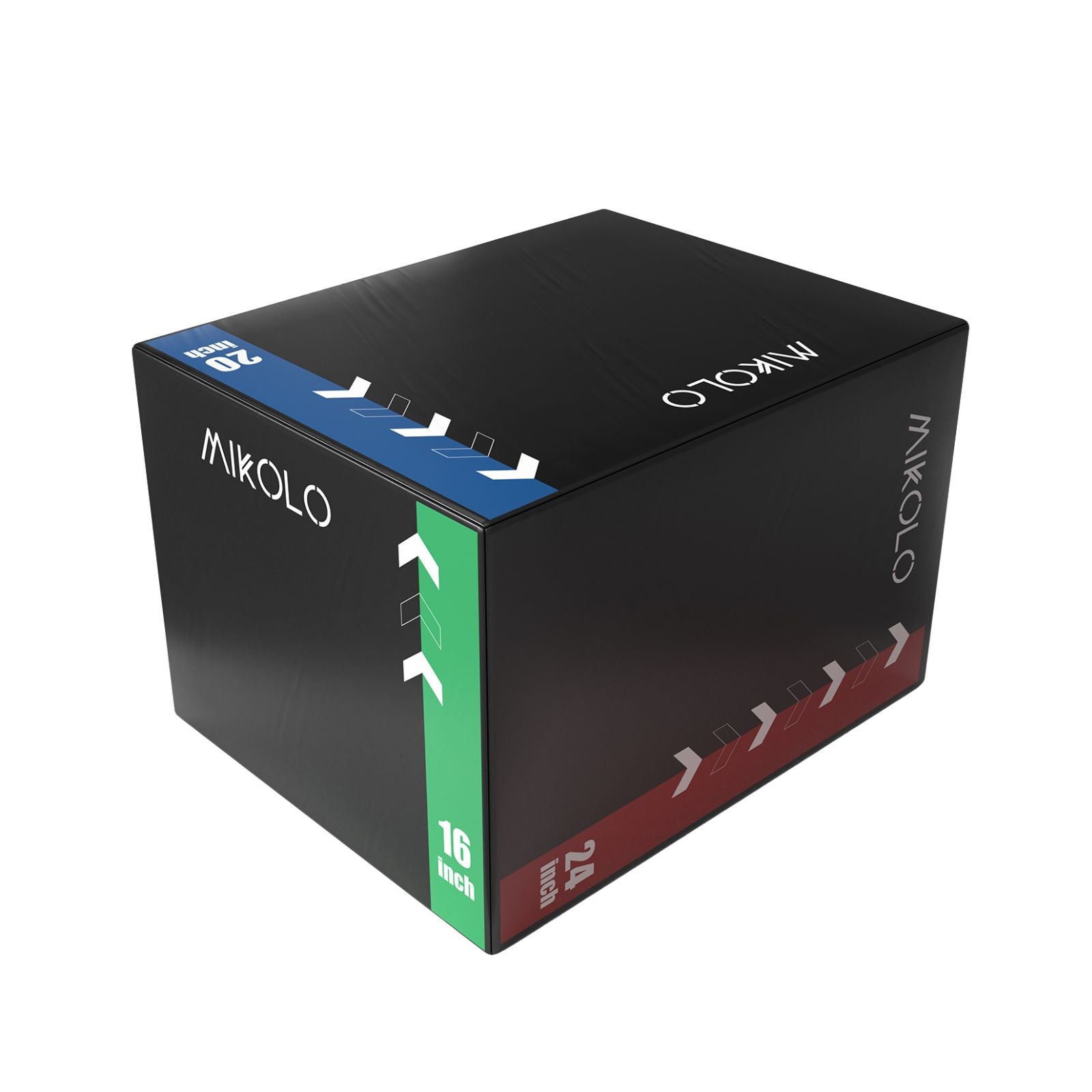






Leave a comment
This site is protected by hCaptcha and the hCaptcha Privacy Policy and Terms of Service apply.